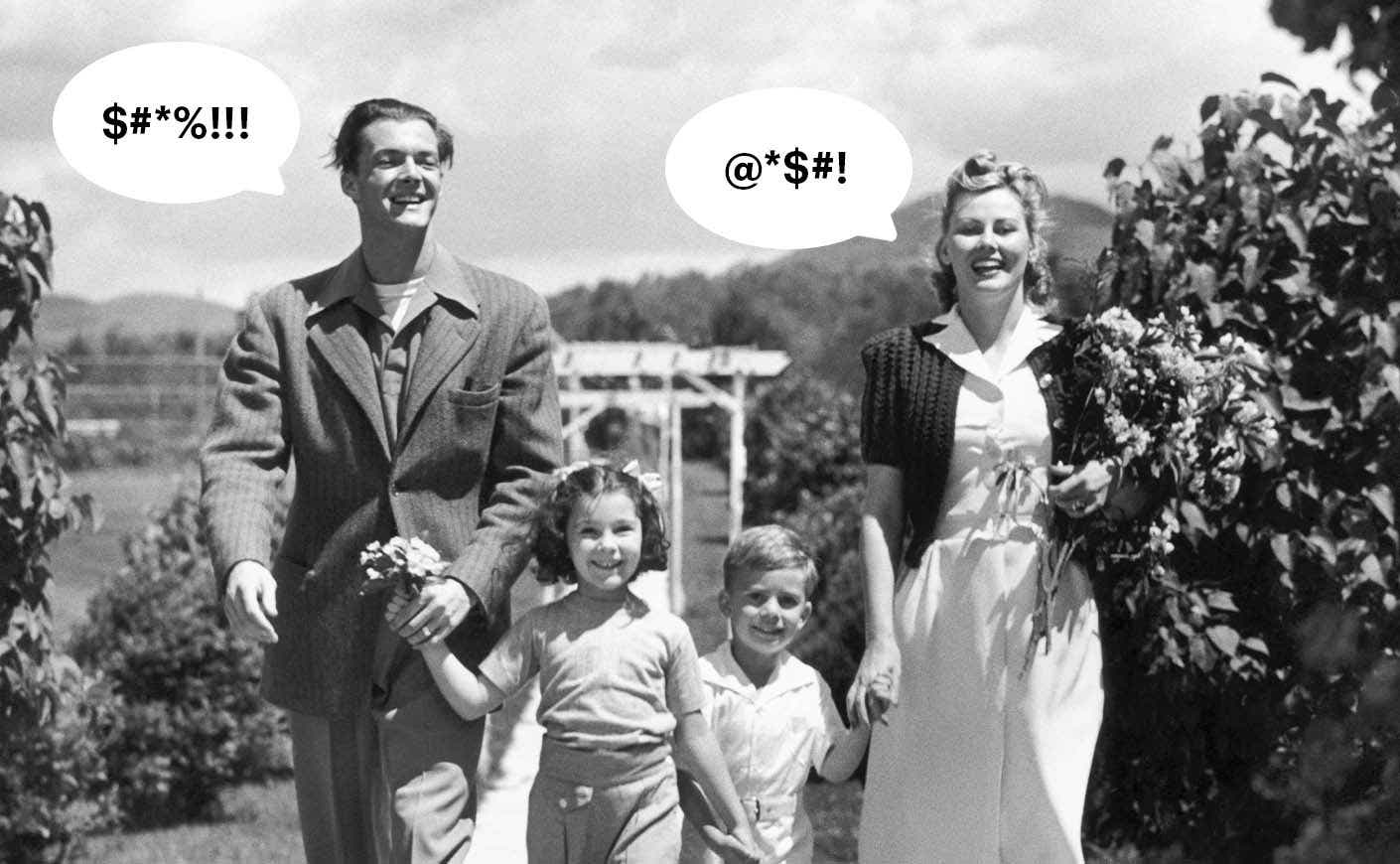Kids are often referred to as “bundles of joy.” That’s why a study by economists David G. Blanchflower and Andrew Clark is so startling: It analyzed one million adults in 35 countries over the prior decade, and found that having children made people unhappier.
But the reason that kids can take a toll on our emotions is complicated. (And amazingly enough, doesn’t have to do with having to listen to the song “Baby Shark” 16 times a day.) So why does having kids often make people less satisfied with their circumstances? We asked Blanchflower to explain the results of his ultra-fascinating study.
Happiness researchers have found over and over again that having children doesn’t tend to make people happier, and might even make them less happy. How do you explain that finding? And why would people have multiple if that were true?
Happiness studies always find that marriage makes you happy, and unemployment makes you unhappy. But the puzzle in the literature was that children generally didn’t appear to make people happy and often, as in the early results in our paper — actually made people less happy. Andrew Clark and I never believed that. As you say, if people had one child and that made them unhappy, why would they have two or three? The result looked wrong. We realized it came down to money: As we explain in the study, children are expensive and difficulties paying the bills explain the pattern of unhappiness.
What made you pursue finances as the root cause of the unhappiness?
We’re economists, so we’re interested in the effects of income on well-being. We’re also parents and I’m a grandparent and we realized how expensive it is to bring up kids. I have two daughters with kids who struggle to pay the bills. Plus, student loans are a special burden that prevents young people striking out on their own.
To what extent do you think parents are aware that finances might be the source of their unhappiness? Or do they tend to just blame parenting in general?
I’m not sure parents are able to separate out the impact of money. But Americans generally have a bad work/life balance and would like to have more family time. Weak wage growth since the Great Recession hasn’t helped. Also, I know how expensive child care is, and how that strain impacts women’s careers. Then there’s the cost of basic goods: My daughter, who has three toddler-aged kids, pays $100 a month for diapers and goes through a gallon of milk a day.
Is there a sweet spot in terms of income, when parental strain begins to ease?
Our study looks at something more simple than that: We examined whether parents have trouble paying their bills and if they do, then that really makes them unhappy. Across the million people we studied across a decade, 59% said they never had trouble paying their bills, 29% said from time to time and 12% said all the time. But our research shows that once you control for the difficulty of paying bills, then children actually increase happiness.
Your research also found that parents with kids under 10 seemed to be happier than parents with children a few years older, even when finances are taken into account. Why do you think that is?
Young kids raise happiness more than those that are between the ages of 10 and 14, who are starting to prepare to leave home. Teenagers aren’t easy, and our study shows that — little kids don’t talk back as much. Also, clothes for teenagers are expensive! We also found that biological kids raise happiness more, compared to step-kids.
It’s more expensive than ever to raise a child. Which policies or governmental actions do you think would help most in easing the burden, and making parents happier overall?
Our paper shows that helping parents pay their bills would raise their happiness. So programs to subsidize childcare or preschool — or to make it free, as in some Nordic countries — will likely raise our collective well-being. That would mean that women who couldn’t afford to go to work could then afford to do so. That would also help to improve the work/life balance in the US, and perhaps lower the growing amounts of mental pain that many Americans report.
We also know that a year of education when a child is young, say 3-5 years of age, has a high rate of return: It’s easier to teach a child a new language at four than at fourteen. So creating subsidized schooling would definitely be worth doing, and could help ensure that kids are better educated, which could help boost overall U.S. happiness even more.












